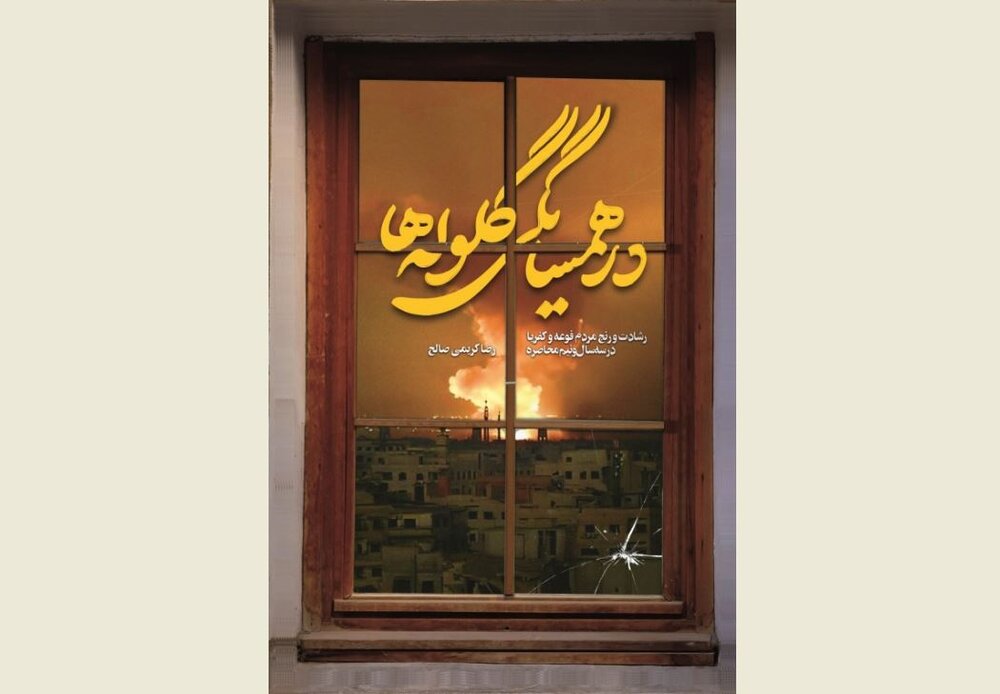Having Bullets as Neighbors

The book “Having Bullets as Neighbors” is about the bravery and sufferings of the brave and oppressed people of Al Fu'ah and Kafarya during the three years of siege by the Takfiri movement.
It was considered a form of revenge by the terrorists to capture Fu'ah and Kafarya, since the Shiites of these two cities had sided with the Syrian army since the beginning of the Syrian crisis, and many of the residents of these two cities defended the shrine of Hazrat Zainab.
With the aim of weakening the resistance and making them surrender, the terrorists decided to besiege these two cities and while completely cutting off the water, electricity, and gas transmission lines, they prevented any food and medicine from entering these two cities.
This inhumane siege caused serious crises for the city's residents, and in addition to that, the non-stop rain of rockets destroyed all the infrastructure of these cities and caused many human casualties.
* First of all, what was your main concern and motive for writing this book?
I had concerns about what is happening in countries that are struggling with arrogance. Because things kept happening in countries like Syria, and this issue was never addressed and never brought to the attention of the people, and since it is possible that future generations will remain unaware as well, I thought it necessary for me to write about this issue and share my observations with others.
* How did you come up with the subject to write a book about it?
My involvement with the resistance fronts, the media, and oral history was extensive for several years, and I made observations that could be used to write books, and make documentaries, films, and series based on those experiences.
* Would you tell me what documents you used when you wrote this?
Our documents are based on interviews with people who were under siege and who came out of the siege; In this way, we talked to a large number of these people, which were later turned into texts and summarized, and the part that could be turned into a story and narrative was selected.
* Did you have specific criteria for choosing people for the interview?
No, we did not. All the people who came out of the siege were those who were under siege for almost three and a half years in the worst conditions and resisted. They endured a lot of suffering but showed courage and did not allow the armed men to enter the two cities they were surrounded by dignity. So, all these people could have been selected for the interview, but some of them who had the best expression or whose mood allowed the interview were selected.
* How long did it take to write the book?
Although the book is not big, it took about three years to write. It took a year of interviews and summaries and two years of putting the stories together to complete the book.
* When interviewing these people, what was the bitterest story you heard?
Many of the scenes that take place in the war are bitter. Obviously, war is bitter and brings discomfort to every person involved, no matter where it occurred. Many of the events that occur in war and the violence that exists, the casualties of war are too many to mention.
Leave a Comment